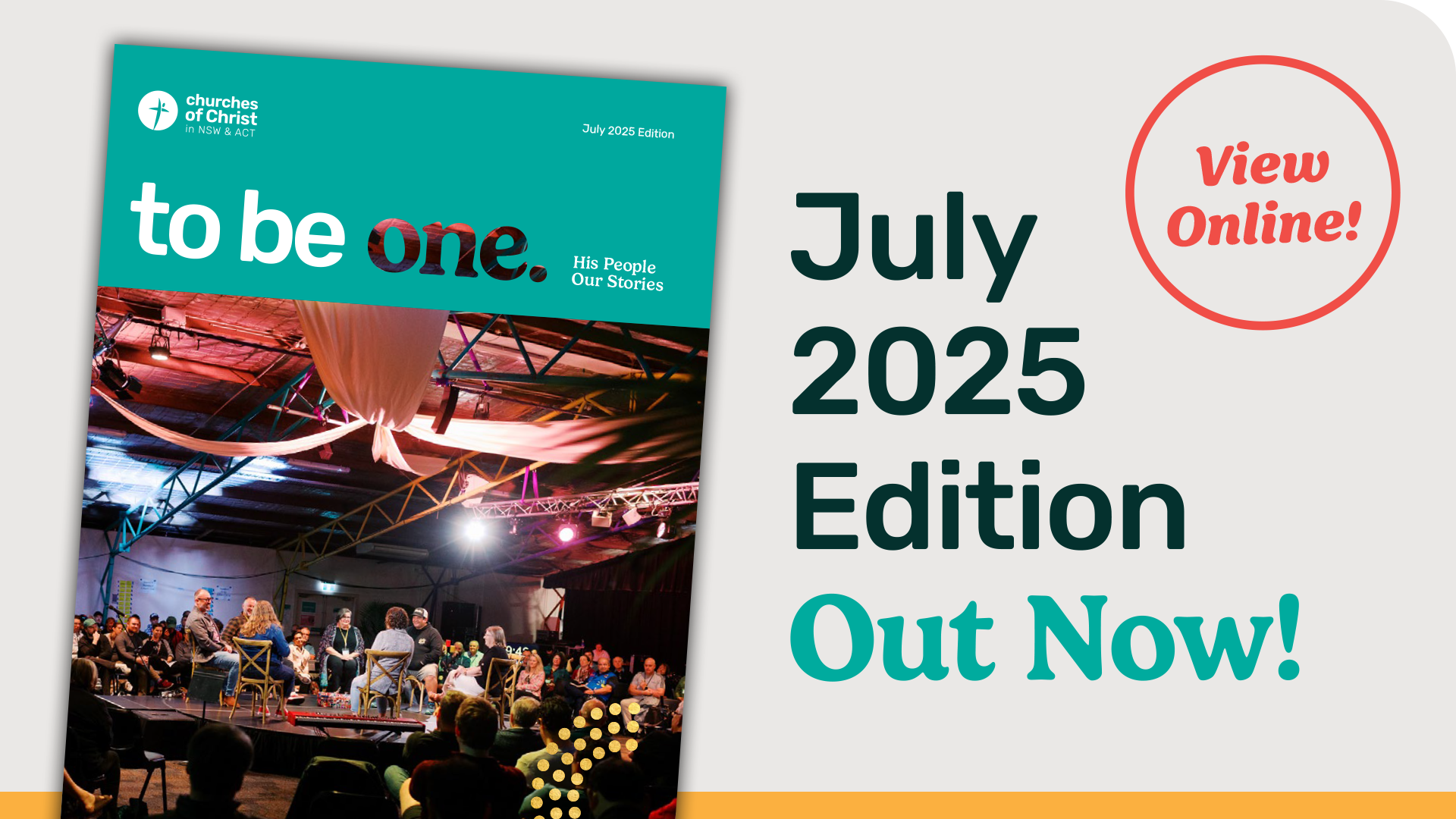STANDARD 7
Staff are equipped with the knowledge, skills, and awareness to keep children and young people safe through continual education and training.
a) Staff receive training on the nature and indicators of child maltreatment, particularly abuse that occurs in organisations.
b) Staff receive training on the organisation’s child safe practices and child protection efforts.
c) Staff are supported to develop practical skills in protecting children and responding to disclosures.
What this might look like
- Staff and volunteers engage in training which addresses circumstances and experiences that increase a child’s vulnerability to harm, and how to recognise signs of child sexual abuse
- Staff and volunteers share skills to allow continual improvement in promoting safe environments
- Ministry leaders engage in training to develop effective risk management approaches to ensure child safety and wellbeing
As outlined in the church Procedure for Staff and Volunteers completion of Creating Safe Spaces training is required for anyone who serves:
- as a religious leader or spiritual officer (eg/ pastor, regular preacher, worship leader)
- in a governance role (eg/ elder, deacon, council member)
- in a role of significant authority in a church service (eg: regular preacher, worship leader)
- in child-related work (eg/ children’s ministry, creche, youth ministry)
- in ministry with vulnerable adults (eg/ seniors, persons with disabilities)
- as leader of a ministry with children or young people in their team (eg/ café, cleaning roster)
For more information on Creating Safe Spaces training please go to www.creatingsafespaces.org.au
The Royal Commission recommends:
Each religious institution should ensure that all people in religious or pastoral ministry, including religious leaders, have professional supervision with a trained professional or pastoral supervisor who has a degree of independence from the institution within which the person is in ministry.
(Royal Commission into Institutional Response to Child Sexual Abuse Final Report Recommendations, available at https://www.childabuseroyalcommission.gov.au/sites/default/files/final_report_-_recommendations.pdf).
A Note About Endorsement
The CCNSWACT Endorsement Review Group require that all pastors, ministers and chaplains endorsed after September 2019 to engage in eight supervision sessions per financial year (pro-rated, if required). All pastors, ministers and chaplains in active ministry and endorsed prior to September 2019 will be required to engage in supervision from November 2027 onwards and are strongly encouraged to engage a professional supervisor now. Professional supervisors must be nominated and approved prior to engagement.
Form: Child Safe Standard 7
Please complete the below Child Safe Standard Form as part of your participation in this Safe Church Health Check.
Child Safe Standard 7
Staff are equipped with the knowledge, skills, and awareness to keep children and young people safe through continual education and training.
